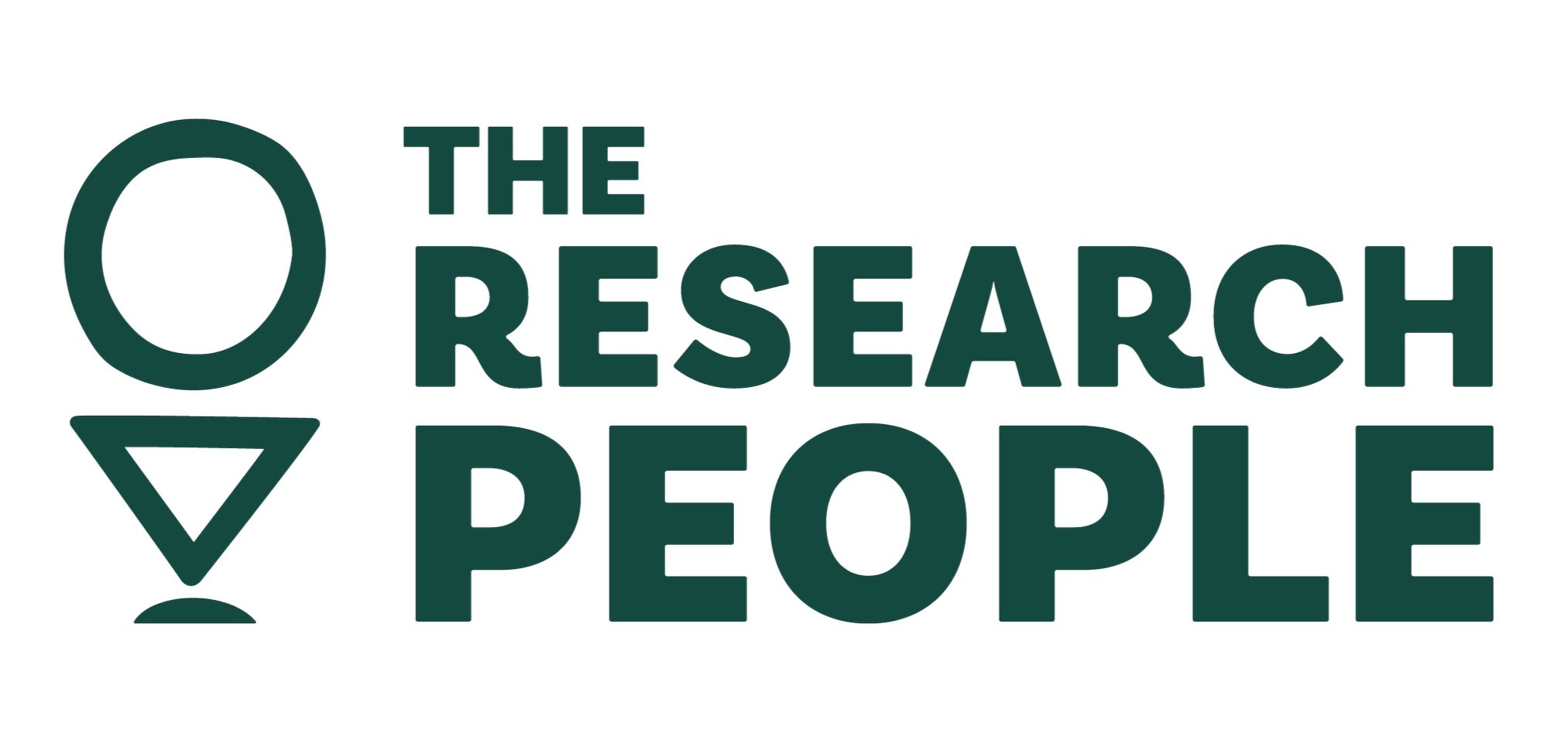The digital worlds of displacement-affected communities
In 2022, we collaborated with GSMA and UNHCR to better understand how displaced communities use their mobile phones in the post COVID-19 world in Lebanon, South Sudan and Papua New Guinea.
GSMA and UNHCR, funded by UK FCDO
The problem
We know from GSMA and our prior work with the HIF, START and Grand Challenges Canada that mobile phones are changing the way displacement-affected communities and host communities interact with the world. The landscape of humanitarian action has shifted since GSMA’s 2019 landmark report, The digital lives of refugees, due to Covid-19 and an increased focus on decolonising aid. During the pandemic, humanitarian service providers increasingly turned to digital solutions to meet people’s needs during worldwide lockdowns and restrictions on movement. However, gaps remain in the sector’s understanding of how people in humanitarian contexts access and use mobile technology, how it impacts them and the digital barriers and risks they face. These gaps pose a challenge to effective and equitable programme delivery.
What we did
To unpack the digital worlds of displaced communities, we designed an in-depth, mixed-methods research study in three humanitarian contexts: Lebanon, Papua New Guinea and South Sudan. The study aimed to:
provide an updated overview of the impact of mobile technology in humanitarian contexts
better understand the barriers to mobile technology and digital risks
better inform humanitarian actors on how to use mobile technology in aid delivery
Between February and July 2022 we conducted interviews and focus groups with over 70 people and surveyed over 2,000 people across the three contexts. We also employed participatory methods, such as digital diaries and user research groups, illustrated here. All in-country data was collected by our Research Associates based in each country. We also worked closely with an Advisory Group of local experts, which guided the contextualisation, understanding, and interpretation of findings.
In collaboration with GSMA, we published an overall report and three country reports (Lebanon, South Sudan and Papua New Guinea) to share the findings.
Making it accessible
In addition to the reports, the study findings can be navigated using an interactive webpage. We also worked with GSMA to produce a short video describing key findings and a podcast that features the reflections of our Research Associates, including what they learned and how they interpreted the findings.
We also returned findings to research participants by developing key messages in the local languages of the three contexts and sharing them through community discussions, social media platforms and flyers.
What HAPPENED NEXT
In October 2022, we joined GSMA at the MWC Africa Conference to present findings to mobile and network operators, social innovators, digital humanitarian specialists and donors. In 2023, the GSMA team will be hosting further country-based and regional dissemination events, and will work collaboratively to foster the wider adoption of study recommendations by different actors.


